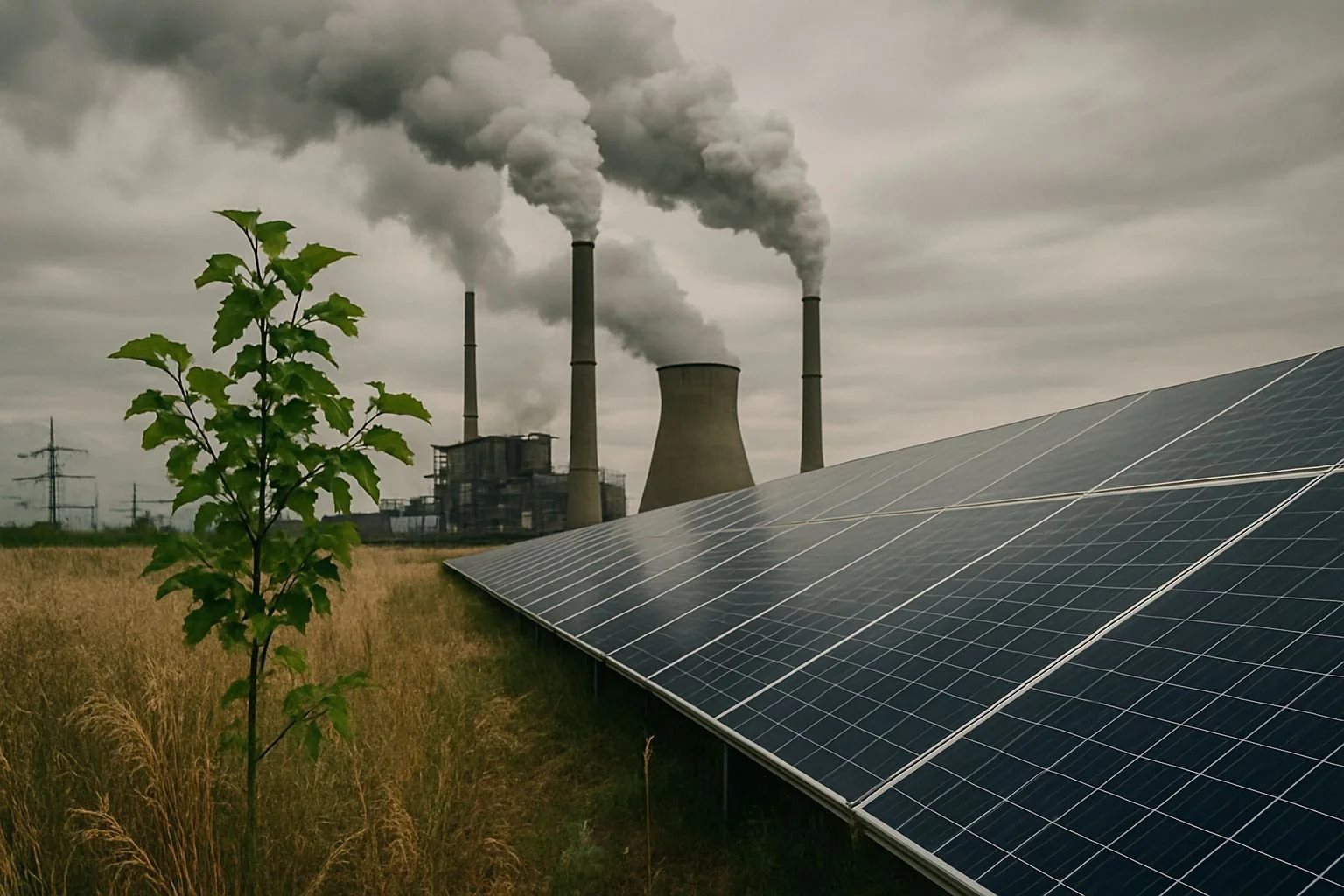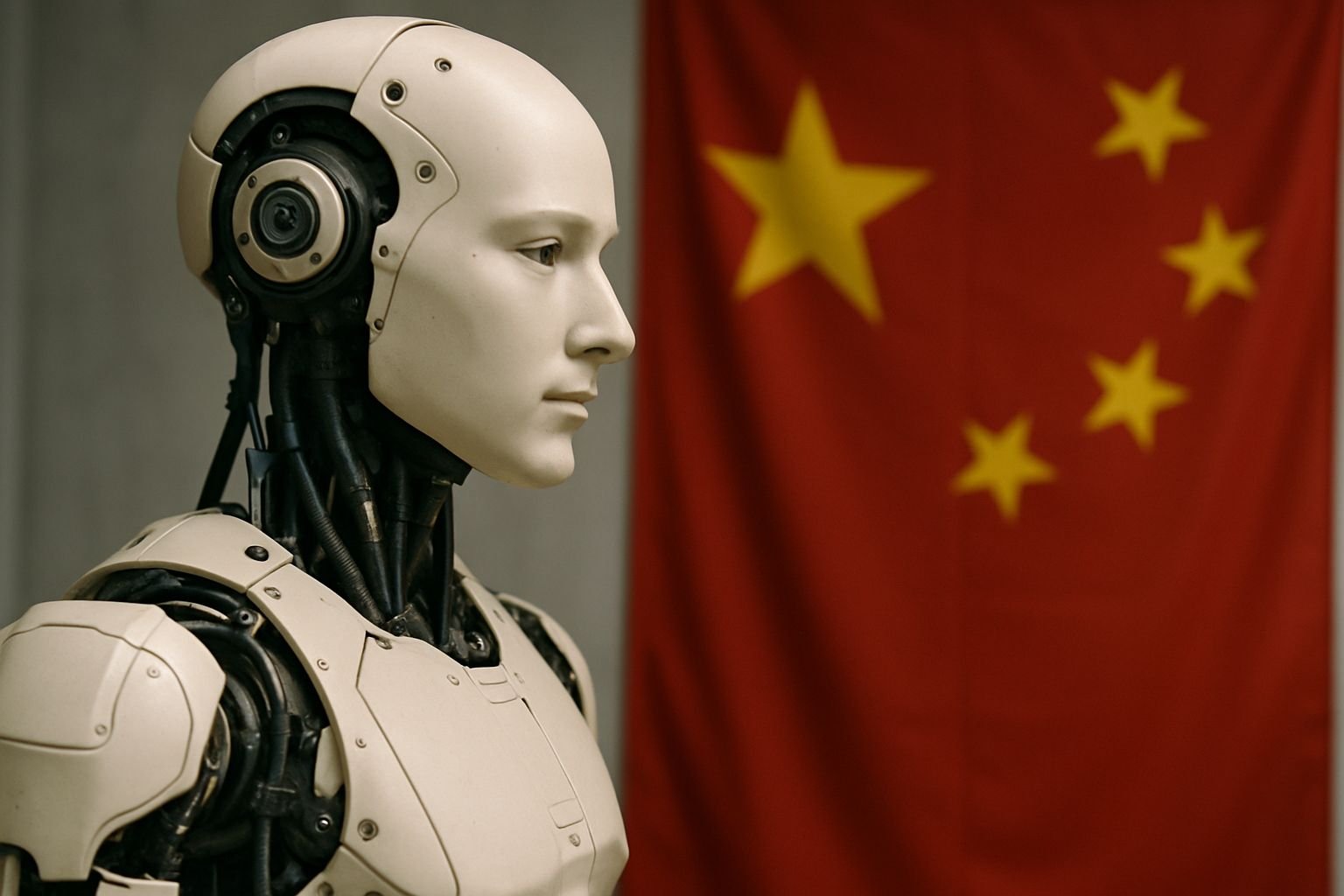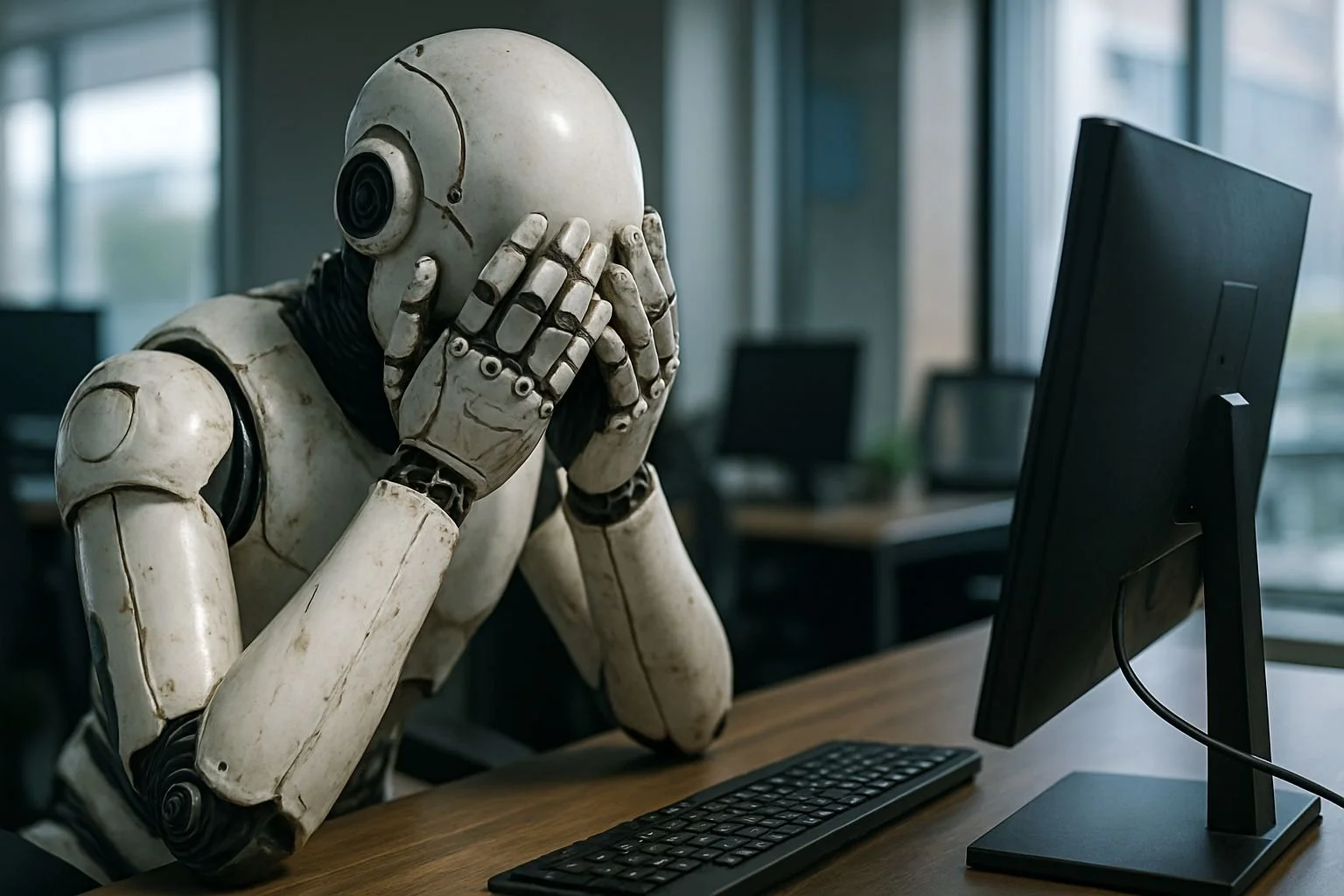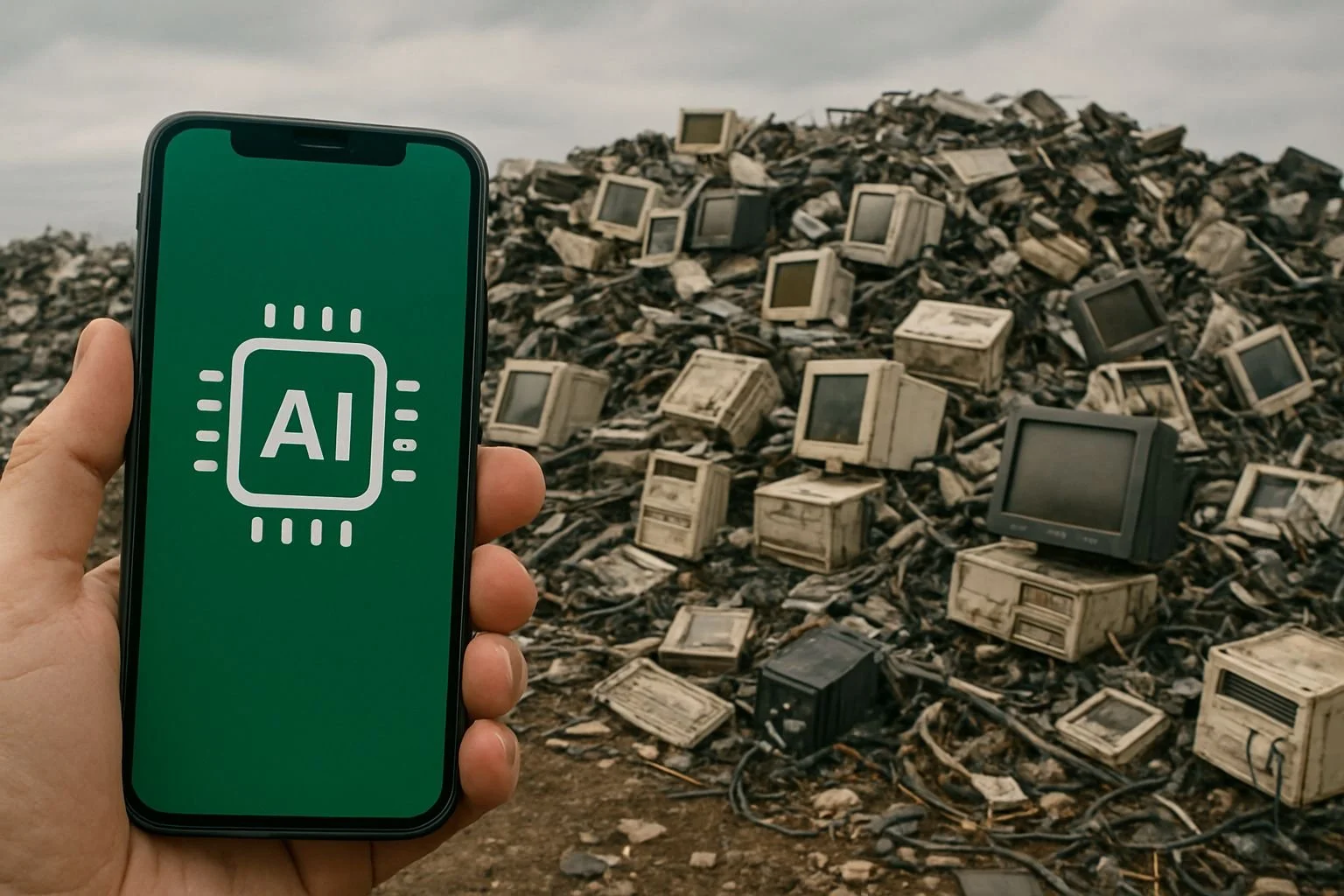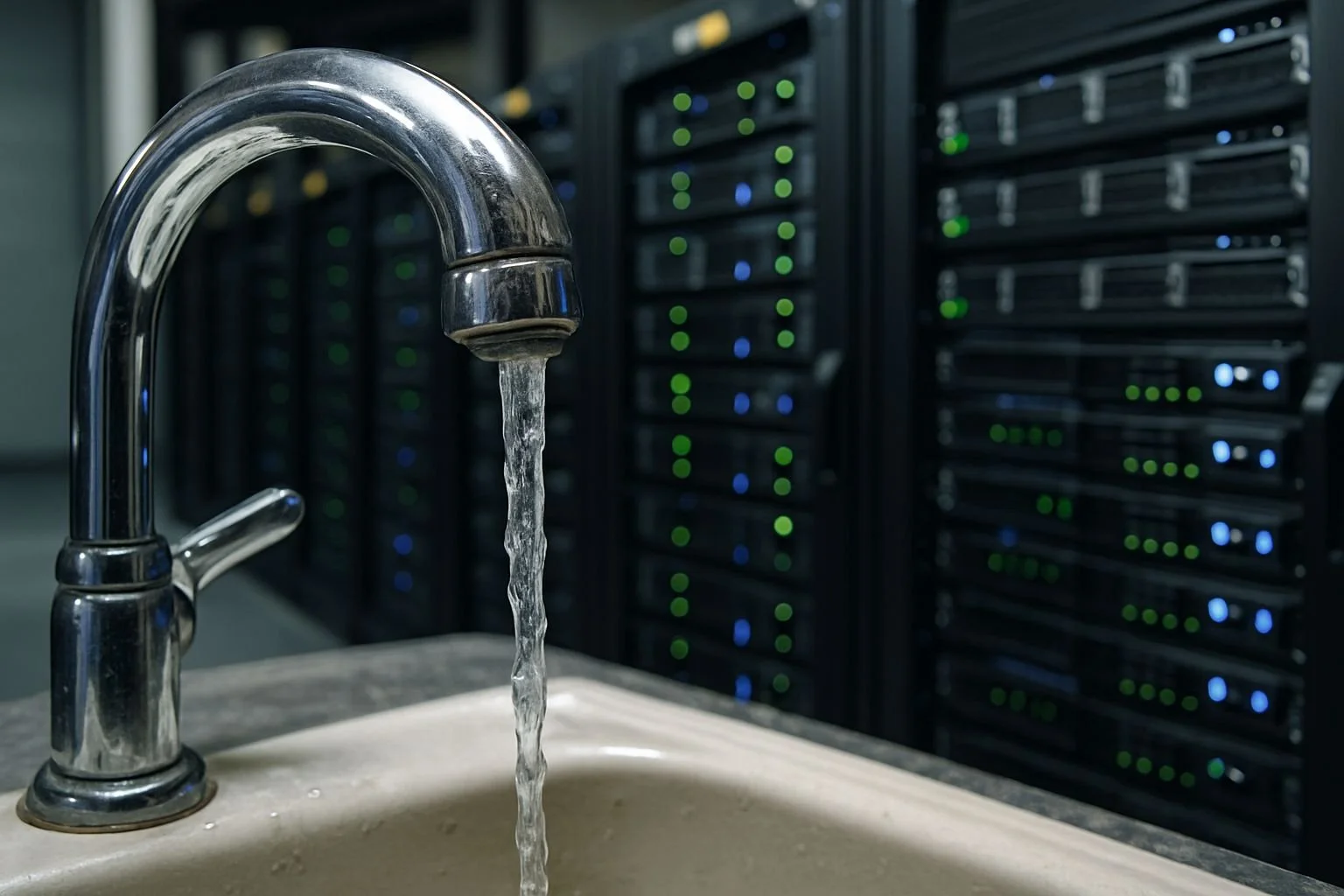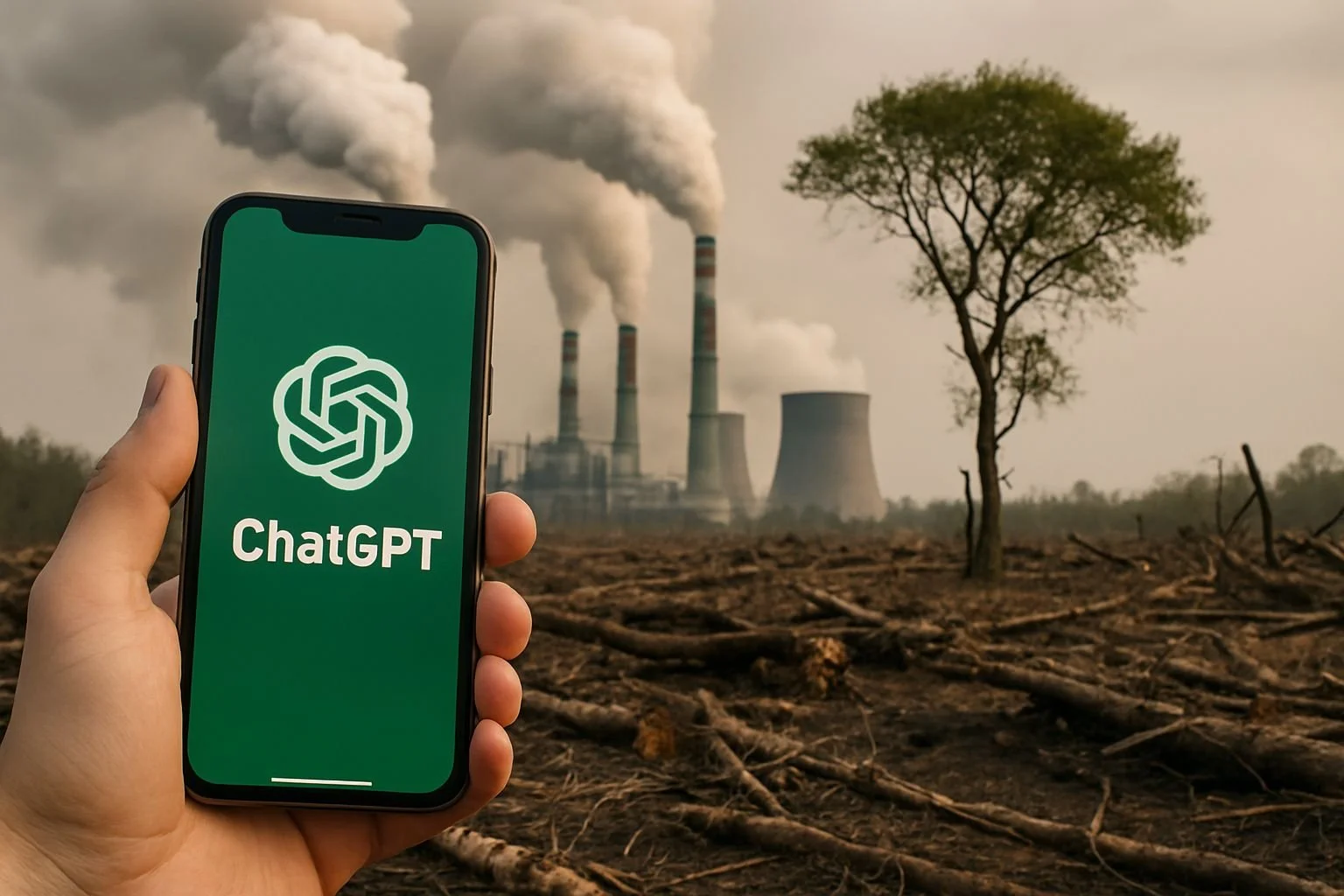How does AI affect the environment in 2025
In 2025, AI’s environmental impact—from surging energy and water use to growing e-waste and carbon emissions—poses urgent challenges. This blog explores AI’s ecological footprint, its promise for sustainability, and how businesses can adopt responsible practices to balance innovation with environmental stewardship.
Who is using AI the most in 2025
By 2025, AI is widely used across industries—from tech and finance to healthcare and retail—with 78% of companies integrating AI technologies. Discover which sectors and regions are leading AI adoption and how businesses, including service providers like Sparkly Maid Orlando, are harnessing AI for efficiency and growth.
Who invented AI, and why does it matter in 2025
Discover who invented AI and why their pioneering work still shapes the technology in 2025. Explore how foundational ideas from Alan Turing and Claude Shannon inform responsible AI use today, benefiting businesses like cleaning services and digital marketing firms striving for innovation with integrity.
Which country will dominate AI in 2026
In 2026, the United States is poised to dominate the AI landscape, thanks to its robust innovation ecosystem, massive investments, and global talent pool. As nations compete for leadership, businesses including cleaning services and marketing firms like Torres Digital Marketing Chicago must strategically adapt to leverage AI sustainably and responsibly.
What is the biggest problem with AI in 2025
AI’s biggest problem in 2025 is the widening gap between lofty expectations and real-world outcomes, driven by biased data, opaque algorithms, and leadership misalignment. Discover how businesses can overcome these hurdles responsibly, with guidance from experts like Torres Digital Marketing Chicago, to unlock AI’s true potential.
What are 5 disadvantages of AI in 2025
In 2025, AI’s rapid rise comes with significant disadvantages—from job loss and privacy issues to environmental strain and skill erosion. This blog highlights five critical challenges and explores how businesses, from cleaning services to digital marketing firms, can navigate AI responsibly for sustainable success.
Where will AI have the biggest environmental impact in 2025
Where will AI have the biggest environmental impact in 2025? From energy-hungry data centers to hardware production and water use, this blog examines AI’s largest environmental footprints and explores how businesses and technology leaders can balance digital innovation with sustainability efforts for a greener future.
How does AI affect e-waste in 2025
AI’s rapid development in 2025 accelerates e-waste growth but also powers breakthrough recycling technologies. This blog examines AI’s dual role in escalating electronic waste and enabling smarter, sustainable disposal. Discover how businesses and communities can leverage AI responsibly to minimize e-waste impacts and help protect the environment.
Does AI have a big carbon footprint in 2025
AI’s carbon footprint in 2025 is significant, fueled by growing data center energy demand for model training and real-time use. This blog unpacks the scale of emissions, the complexity behind energy consumption, and how industry leaders and businesses are adopting sustainable AI practices to balance innovation with environmental responsibility.
How much water does AI waste in 2025
In 2025, AI’s thirst for water is a growing environmental concern. Data centers consume hundreds of billions of liters annually for cooling, depleting scarce water resources especially in drought-prone regions. Discover how AI’s water footprint affects communities and what businesses can do to balance digital innovation with sustainable water stewardship.
What are the negative effects of AI in 2025
In 2025, AI is everywhere—but so are its risks. Explore the most significant negative effects of AI: from job loss and bias to privacy erosion, security threats, and environmental fallout. Learn what forward-thinking leaders and businesses are doing to innovate responsibly, and how you can adapt for a balanced digital future.
Is ChatGPT destroying the environment in 2025
Is ChatGPT really destroying the environment in 2025? Explore the science and scale behind AI’s environmental impact—from energy and water use to carbon emissions. Learn what individuals, businesses, and tech leaders are doing to build a more sustainable future with responsible innovation.
How big is the environmental impact of AI in 2025
AI is reshaping our lives in 2025, bringing both remarkable advancements and serious environmental concerns. Learn how growing power demand, carbon emissions, and water use are being balanced by breakthroughs in efficiency and climate solutions. Discover what businesses can do now to make AI’s impact more sustainable—before it’s too late.
What is the future of SEO in 2030?
As we approach 2030, the future of search engine optimization (SEO) is set to evolve significantly due to advancements in technology and changes in user behavior. Companies like Torres Marketing are adapting to these shifts, proving that SEO is not fading but rather maturing into a sophisticated discipline. This blog explores emerging trends that will shape SEO's future and its vital role in digital marketing strategies.
Will SEO exist in 5 years?
As technology rapidly evolves, many wonder if traditional SEO practices will become obsolete in five years. However, companies like Torres Marketing are proving that SEO will not only persist but also evolve into a more sophisticated discipline. This blog explores the future of SEO, key trends shaping its development, and its enduring significance in digital marketing strategies.
Can digital marketing be replaced by AI?
As we delve into the evolving digital landscape, a key question arises: can artificial intelligence replace digital marketing? While AI is revolutionizing the industry by automating tasks and providing insights, it cannot replicate the human touch essential for effective marketing. Companies like Torres Marketing exemplify this balance, using AI to enhance their strategies while maintaining creativity and emotional intelligence.
Where will digital marketing be in 10 years?
As we approach 2030, the digital marketing landscape is set for a dramatic transformation driven by technological advancements and evolving consumer behaviors. Companies like Torres Marketing are adapting to these changes by leveraging AI, augmented reality, and data analytics to create more personalized and immersive experiences. The upcoming decade will redefine how brands engage with consumers, focusing on automation and ethical practices.
What is the future of digital marketing in 2030?
As we approach 2030, the digital marketing landscape is on the brink of a major transformation, driven by rapid technological advancements and evolving consumer expectations. Companies like Torres Marketing are strategically positioning themselves for this shift, utilizing innovative strategies such as AI, augmented reality, and data analytics to foster deeper connections with audiences and create personalized, immersive experiences.
What is the future of digital marketing in 2025?
As we approach 2025, the digital marketing landscape is set for significant transformation. Innovations like AI and changing consumer behaviors are reshaping how businesses engage their audiences. Companies like Torres Marketing are leading this evolution, utilizing new technologies to stay ahead of the competition and enhance customer experiences through hyper-personalization and targeted strategies.
